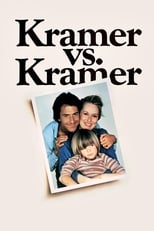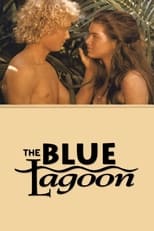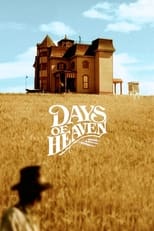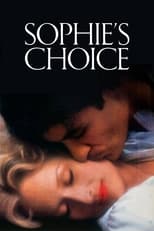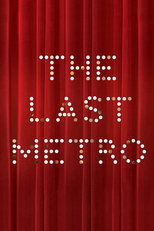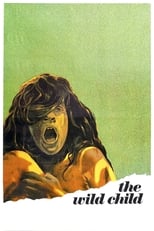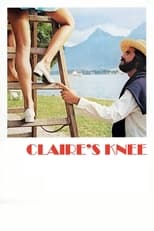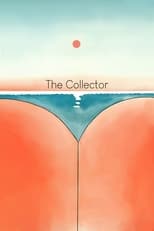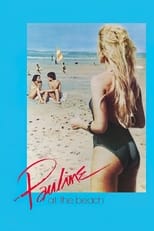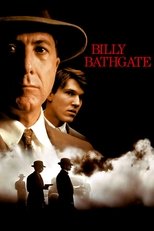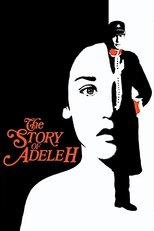Néstor Almendros
¿Quién es Néstor Almendros?
Néstor Almendros Cuyás was born in Barcelona, Spain, but at 18 moved to Cuba to join his exiled anti-Francisco Franco father. In Havana, he wrote film reviews. Then he went on to study in Rome at the Centro Sperimentale di Cinematografia. He directed six shorts in Cuba and two in New York City.
After the 1959 Cuban Revolution, he returned and made several documentaries for the Castro regime. But after two of his shorts (Gente en la playa and La tumba francesa) were banned, he moved to Paris. Starting in 1964, he became the favorite collaborator of French New Wave director Éric Rohmer. In the early seventies he also started working with François Truffaut, Barbet Schroeder and other directors.
Almendros began his Hollywood career with Days of Heaven (1978), written and directed by Terrence Malick, who admired Almendros' work on The Wild Child (1970). Almendros was impressed by Malick's knowledge of photography and his willingness to use little studio lighting. The film's cinematography was modeled after silent films, which often used natural light. In 1979, Almendros won the Academy Award for Best Cinematography for Days of Heaven.
Almendros received three further Academy Award nominations for his work on Kramer vs. Kramer (1979), The Blue Lagoon (1980) and Sophie's Choice (1982), making him the most nominated Spanish person in Academy history as of the 93rd Academy Awards in 2021.
Almendros was the cinematographer for the John Lennon documentary, Imagine: John Lennon (1988), directed by Andrew Solt.
In his later years, Almendros co-directed two documentaries about the human rights situation in Cuba: Mauvaise Conduite (1984) (Improper Conduct) about the persecution of gay people in Cuba; and Nadie escuchaba (Nobody Was Listening), about the alleged arrest, imprisonment and torture of former comrades of Fidel Castro. He also shot several prestigious advertisements for Giorgio Armani (directed by Martin Scorsese), Calvin Klein (directed by Richard Avedon) and Freixenet.
Human Rights Watch International has named an award after him by establishing the Nestor Almendros Award for Courage in Filmmaking and it is given every year at the Human Rights Watch International Film Festival.
In 1980, Almendros won the César Award for François Truffaut's The Last Metro.
In 1992, Néstor Almendros died of AIDS-related lymphoma in New York City at the age of 61.
Source: Article "Néstor Almendros" from Wikipedia in English, licensed under CC-BY-SA 3.0.
Trabajos destacados
Géneros más habituales en las películas de Néstor Almendros
Géneros más habituales en las series de Néstor Almendros
Compañeros de trabajo recientes de Néstor Almendros
Las imágenes y retratos de actores y actrices mostrados en este sitio web son obtenidos de la base de datos pública de The Movie Database (TMDb), utilizada bajo los términos y condiciones de dicha plataforma. En caso de que alguna imagen o fotografía sea incorrecta, ofensiva, o pueda infringir derechos de imagen o copyright, puede ser editada o eliminada directamente en TMDb. Esto provocará su eliminación automática en este sitio web. Adicionalmente, si usted desea solicitar la eliminación de una imagen directamente en nuestro sitio web, puede utilizar el formulario de contacto ubicado al pie de la página. Atenderemos su solicitud de manera expedita y tomaremos las medidas necesarias para garantizar el cumplimiento de los derechos aplicables.
The images and portraits of actors and actresses displayed on this website are sourced from the public database The Movie Database (TMDb), used in accordance with its terms and conditions. If any image or photograph is incorrect, offensive, or may infringe image rights or copyright, it can be edited or removed directly on TMDb. This will automatically result in its removal from this website. Additionally, if you wish to request the removal of an image directly from our website, you may use the contact form located at the bottom of the page. We will promptly address your request and take the necessary measures to ensure compliance with applicable rights.
